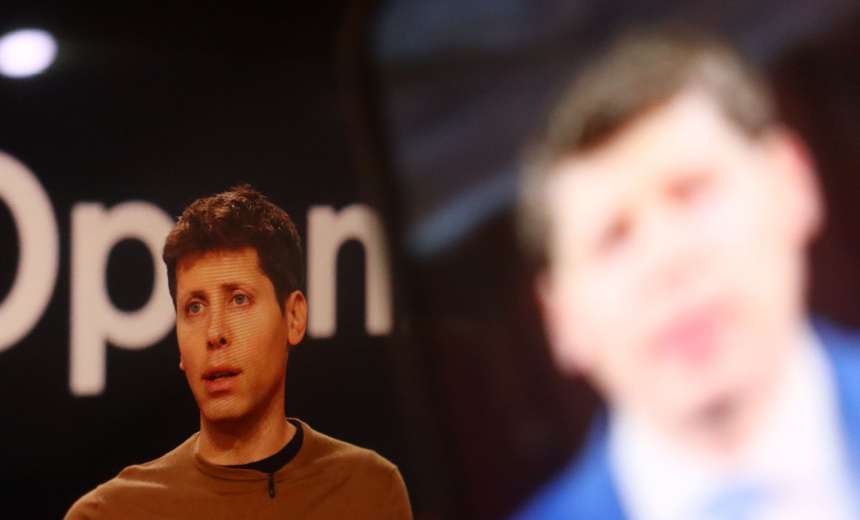Artificial Intelligence & Machine Learning,
Next-Generation Technologies & Secure Development
Nonprofit Organization Maintains Oversight Over $130 Billion For-Profit Entity

OpenAI recently completed a significant recapitalization and corporate restructuring aimed at clarifying its nonprofit mission in relation to its for-profit operations. According to the company, this move is intended to enhance the oversight and governance of artificial general intelligence (AGI) development.
The organization, headquartered in San Francisco, noted that the OpenAI Foundation will ensure AGI serves the broader interests of humanity while maintaining governance over the OpenAI Group, a public benefit corporation. This governance includes the authority to appoint and remove board members, as well as enforce critical decisions related to AI safety and security.
OpenAI Chair Bret Taylor stated, “The nonprofit retains control over the for-profit entity and now possesses a direct pathway to substantial resources ahead of AGI deployment.” The foundation currently holds equity worth approximately $130 billion, positioning it among the most resource-rich philanthropic organizations.
Critics have voiced concerns regarding OpenAI’s shift towards a for-profit structure, suggesting that it fundamentally contradicts the organization’s original philanthropic objectives. In an April letter, former employees warned that prioritizing financial returns could jeopardize the organization’s core mission to benefit humanity.
Governance and Control Aspects of the Restructuring
OpenAI maintains that its Foundation governs the for-profit entity through Class N Common Stock ownership. This governance enables the Foundation to appoint or remove board members and block any changes that could compromise the for-profit’s mission or governance structure. As asserted by OpenAI, all decisions regarding AGI safety will prioritize the overarching mission rather than shareholder profit.
The attorneys general of California and Delaware mandated guarantees that the OpenAI Foundation would retain absolute control over the public benefit corporation. Importantly, the PBC board must include a majority of independent directors not affiliated with the company or its management, ensuring enhanced oversight.
The Safety and Security Committee of OpenAI remains under the exclusive authority of the Foundation, tasked with evaluating risks associated with AI model deployment. This organization possesses the power to veto any releases deemed unsafe, maintain a “kill switch,” and enforce safety measures, even in instances where internal risk assessments might permit deployment.
Legal requirements stipulated by California and Delaware provide an added layer of public oversight within what is generally a private restructuring, ensuring the Foundation’s control in governance and requiring notification of significant governance changes. Delaware Attorney General Kathy Jennings emphasized the importance of maintaining safety and security as primary considerations for the company’s structure.
In partnership with Microsoft, OpenAI will extend IP rights through 2032 and uphold Azure cloud exclusivity for API-based products. The agreement also includes a commitment to invest $250 billion in Azure computing services, while revising prior agreements for compute contracts.
The OpenAI Foundation plans to allocate $25 million toward open-sourced datasets aimed at health and disease research, enhancing diagnostic processes and supporting medical researchers. This strategic funding will also focus on developing tools to protect critical infrastructure as AI technology continues to evolve.
As OpenAI continues to grow, its mission remains consistent: to ensure that AGI benefits all of humanity. The success of its for-profit segment directly contributes to the Foundation’s capacity to support its philanthropic endeavors, creating a symbiotic relationship between the two entities.
